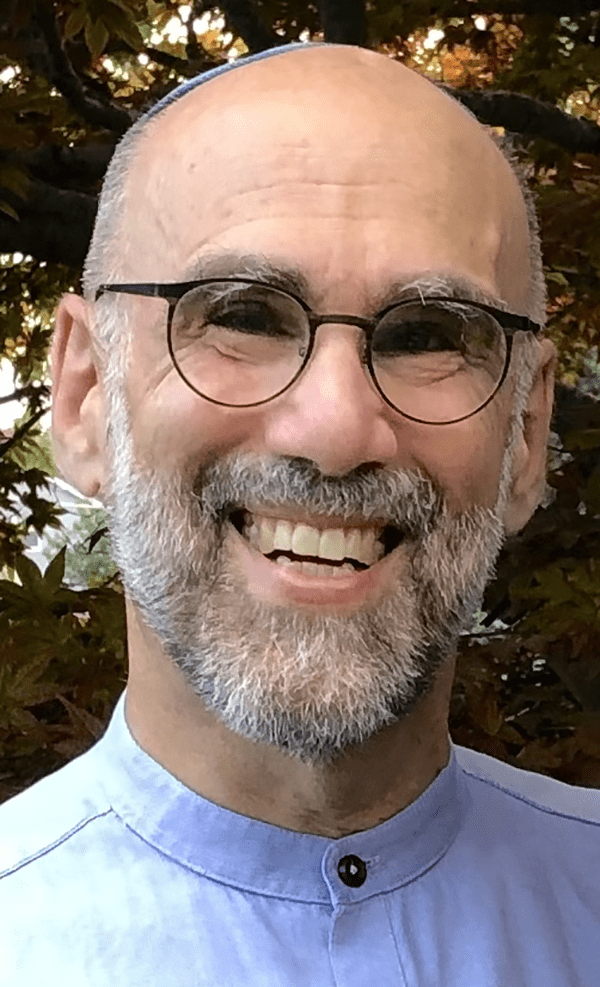Parshat Lech-Lecha 5785
We make assumptions about others based on what we see: what they wear, what they drive, their work, past-times… And we project upon the other who passes our superficial entrance exam what we want them to be — i.e., more like us!
Breath (Yizkor KN5785)
My recent posts...
Can You Hear Me (KN 5785)
My recent posts...
Yom Kippur Singing
My recent posts...Over the decades, I have composed melodies for some of the texts we use in our prayer services. (I've written English interpretations of the texts for a few of them.) Some of them are posted here so we can sing them together at Shirat Hayam and, even...
Making Noise
If loud noises keep away evil spirits, demons, and the like, why do we not make incessant clamor all the time?
It’s well-known that traditions for Chinese New Year include setting off firecrackers. I’ve marveled at the sight of Philadelphia’s Chinatown carpeted with shredded red paper wrappings from the spent mini-explosives. (The Year of the Rabbit begins January 23.)
I went to bed well before midnight on December 31. All was quiet … until the stroke of midnight when sounds burst out from all corners: car horns, firecrackers, a metal pot being banged, bottle rockets and more. Happy new year!
Next morning, lovely photos and videos of fireworks around the world, pre-Covid-level crowds, ball dropping, glasses emptying, bells ringing.
Party-blowers, popping champagne, hugs and kisses help inaugurate the traditional secular new year. We Jews are happy to party with everyone else, but when it comes to our Jewish new year, Rosh Hashana, we take a vastly different approach.
Rather than assembling for merriment or for shooing away demons, we congregate for introspection. We join together in tuneful group prayer (nearly all in collective plural language), and we hear the shofar.
Torah doesn’t tell us why we blow shofar at the start of the month of Tishrei, nor are we instructed about how. Enter the rabbis to prescribe the how, what, when, where and why of shofar:
- How: particular sets of tones or notes.
- What: horn from specific animals.
- When: on Rosh Hashana that doesn’t fall on Shabbat, and on all but one weekday morning of Elul, the final month of the Jewish year.
- Where: wherever there’s a Jew, even if only one other than the shofar-blower.
- Why: a myriad reasons, e.g., because Torah tells us to do so, the sounds are echoes of the eternity of our people and inspiration for us to be in touch with our spiritual selves.
All this gives personal depth to the noise we make on our new year. It also ties us to Jews world-wide in that we all hear and respond to the same sounds at (roughly) the same time.
Let us be generous as we enter this new year in the secular world we inhabit: May we make the noises that make a difference — dispersing demons of inequity, injustice and insecurity — as often and as loudly as we are able.


